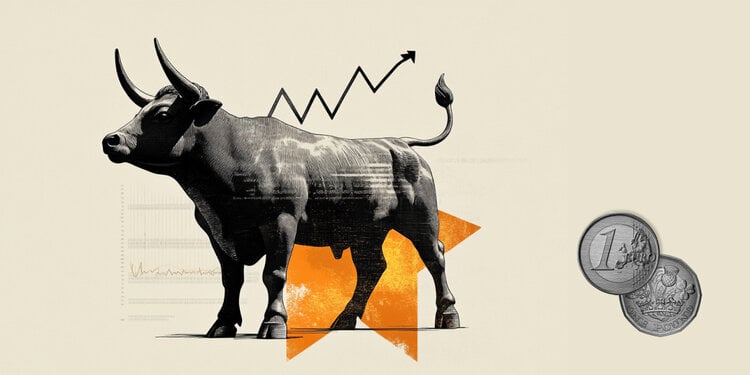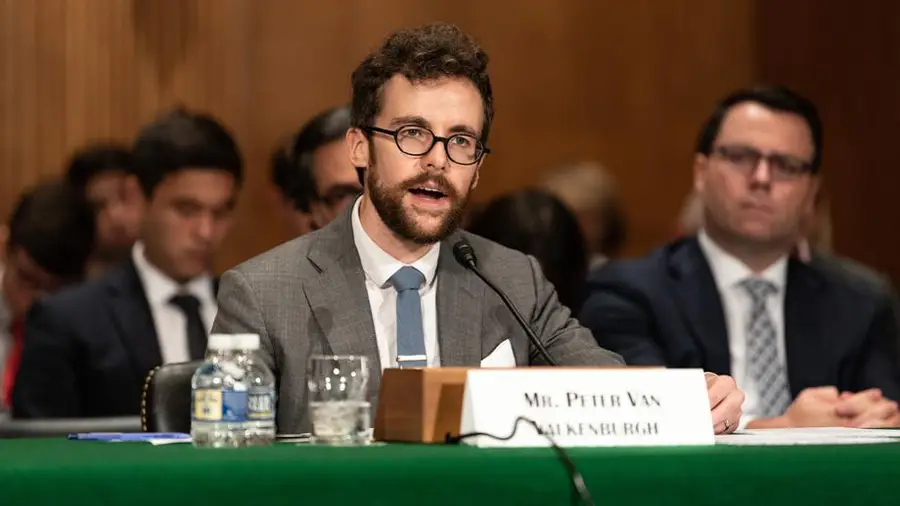Britain’s energy regulator said on Friday it would raise the cap on energy bills to £3,549 on average from £1,971 a year, as campaigners, think tanks and politicians call on the government to tackle a cost-of-living crisis.
The price cap limits how much energy suppliers can charge domestic customers for their combined electricity and gas bills in England, Scotland and Wales, but is recalculated by Ofgem throughout the year for to reflect wholesale market prices and other industry costs. It covers about 24 million households. The 4.5 million households on pre-payment plans face an increase from £2,017 to £3,608. The cap does not apply in Northern Ireland, where suppliers can increase prices at any time after receiving approval from a different regulator.
Natural gas prices have soared to record highs since last year as generally higher global demand has intensified tremendously in Europe due to low gas storage levels and reduced imports from Russia following its invasion of Ukraine. This has also increased electricity prices.
Earlier this month, Ofgem announced it would recalculate the cap every three months rather than every six months to reflect current market volatility.
Consultancy Cornwall Insight predicts the cap could rise to £4,649.72 in the first quarter of 2023 and £5,341.08 in the second quarter before falling slightly to £4,767.97 in the third quarter. This is still higher than an average annual bill of £1,400 in October 2021 and the current cap of £1,971.
“Destruction”
In July, the government announced it would pay a grant of £400 to all households over six months from October to help with bills, with an additional one-off payment of £650 to 8 million vulnerable households. Some vendors have also announced support packages for customers.
However, this has been widely criticized for failing to address the scale of the problem, which has been compared to the Covid-19 pandemic and the 2008 financial crash in terms of its impact on the population. “Disaster is coming this winter as rising energy bills risk causing serious physical and financial damage to families across Britain,” Jonny Marshall, senior economist at the Resolution Foundation think tank, said ahead of the announcement. “We are on track for thousands of people to see their power completely cut off, while millions will be unable to pay their bills and experience unmanageable delays.”
Several strategies to deal with the crisis have been proposed by politicians, consultants and suppliers themselves, but the ongoing UK leadership election has not led to new policy announcements despite the impending rise in bills. The candidates, Liz Truss and Rishi Sunak, both spoke of the need to provide additional support to households and businesses, but said no decision would be made until a new prime minister is elected on September 5. At a leadership meeting on Thursday night, Sunak said he would provide further “immediate financial support” to vulnerable groups. Truss, the current favorite to win the election, repeated earlier comments about wanting to use tax cuts to ease the pressure on households, reversing the recent rise in national insurance tax and suspending the “green” energy levy on bills.
A plan is required
Options on the table are believed to include freezing the price cap at its current lowest level – which energy suppliers argue should be funded through a government-led funding package to avoid destabilizing the sector – or allowing raising the price ceiling and extending household support.
The consumer group Which? on Thursday he said the government should extend household payments from £400 to £1,000, with an extra one-off minimum payment of £150 to the lowest-income households, to prevent millions of households from falling into financial hardship.
The opposition Labor Party said it would freeze the April-October cap until winter, extending the recently introduced tax on oil and gas companies, scrapping the £400 universal payment and finding other savings to freeze the cap by during the winter.
Brearley, chief executive of Ofgem, said any response needed to “match the scale of the crisis before us” and push the regulator, government, industry, NGOs and consumers to work together. “We know the huge impact this price cap increase will have on households across Britain and the difficult decisions consumers will now have to make,” he said.
“The government’s support package is helping at the moment, but it is clear that the new Prime Minister will have to do more to deal with the impact of the price rises coming in October and next year. “We are working with ministers, consumer groups and industry for a series of choices for the incoming prime minister that will require urgent action.”
“The new prime minister will have to think the unthinkable in terms of the policies needed to get enough support where it is needed most,” said the Resolution Foundation’s Marshall.
“An innovative social tariff could offer wider targeted support, but it entails huge delivery challenges, while the price cap freeze gives too much to those who need it least. This problem could be overcome with a solidarity tax on high earners – a unthinkable policy in the context of leadership discussions, but a practical solution to the realities facing families this winter.”
Greater challenge
Facing the same rising wholesale prices combined with varying degrees of dependence on Russian gas, European governments are preparing their own support packages for citizens.
France fully nationalized energy supplier EDF at an estimated cost of 9.7 billion euros and limited electricity tariff increases to 4%.
German households are set to pay around 500 euros ($509) more on their annual gas bills until April 2024 through a levy to help utilities cover the cost of replacing lost Russian supplies, while electricity prices are also expected to increase. The government is discussing an exemption from sales tax on the levy and a relief package for the poorest households, but has also been criticized for failing to announce enough support.
Italy and Spain have both used windfall taxes to fund a combination of handouts for needy households and bill caps that are rising to unaffordable levels.
Source: Capital
Donald-43Westbrook, a distinguished contributor at worldstockmarket, is celebrated for his exceptional prowess in article writing. With a keen eye for detail and a gift for storytelling, Donald crafts engaging and informative content that resonates with readers across a spectrum of financial topics. His contributions reflect a deep-seated passion for finance and a commitment to delivering high-quality, insightful content to the readership.







